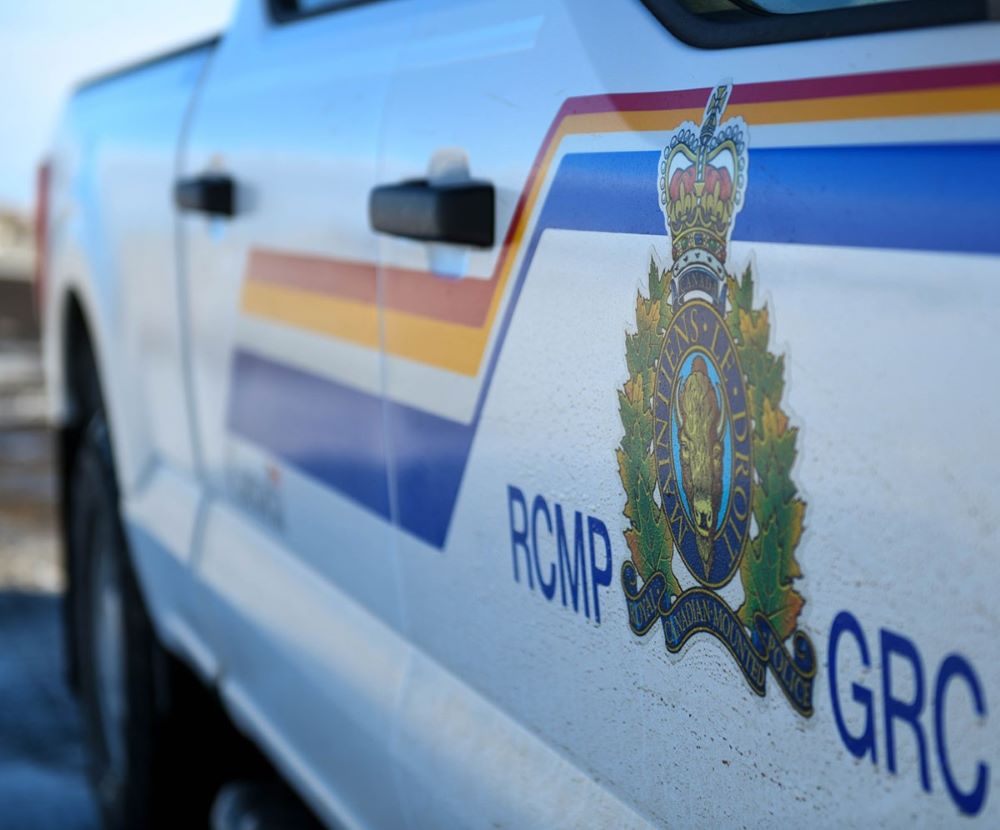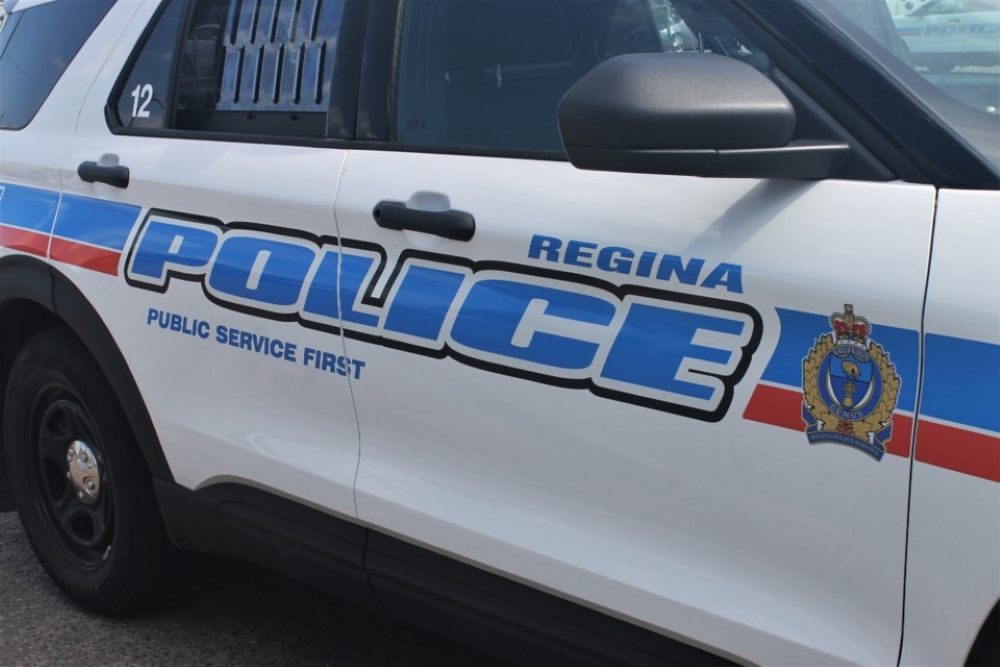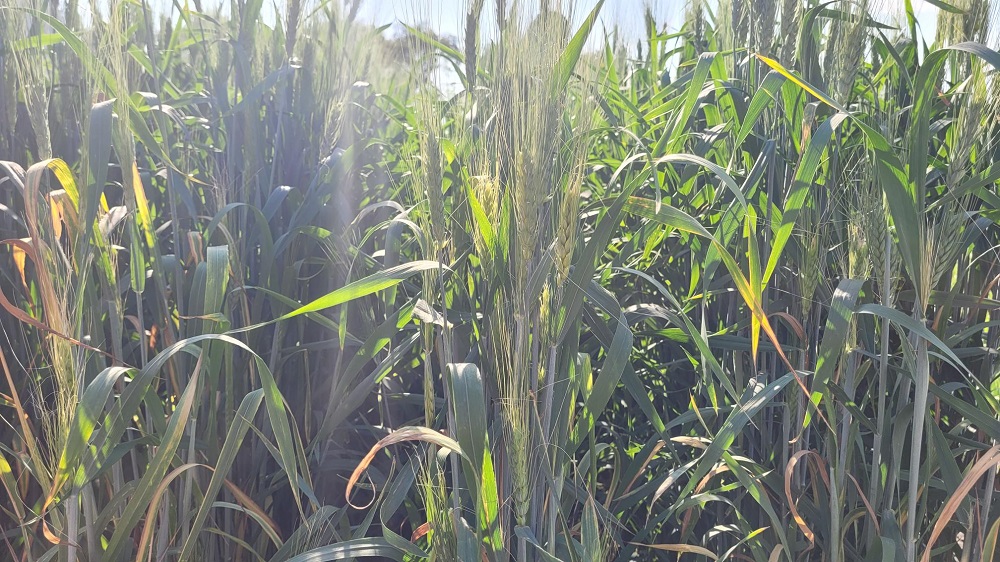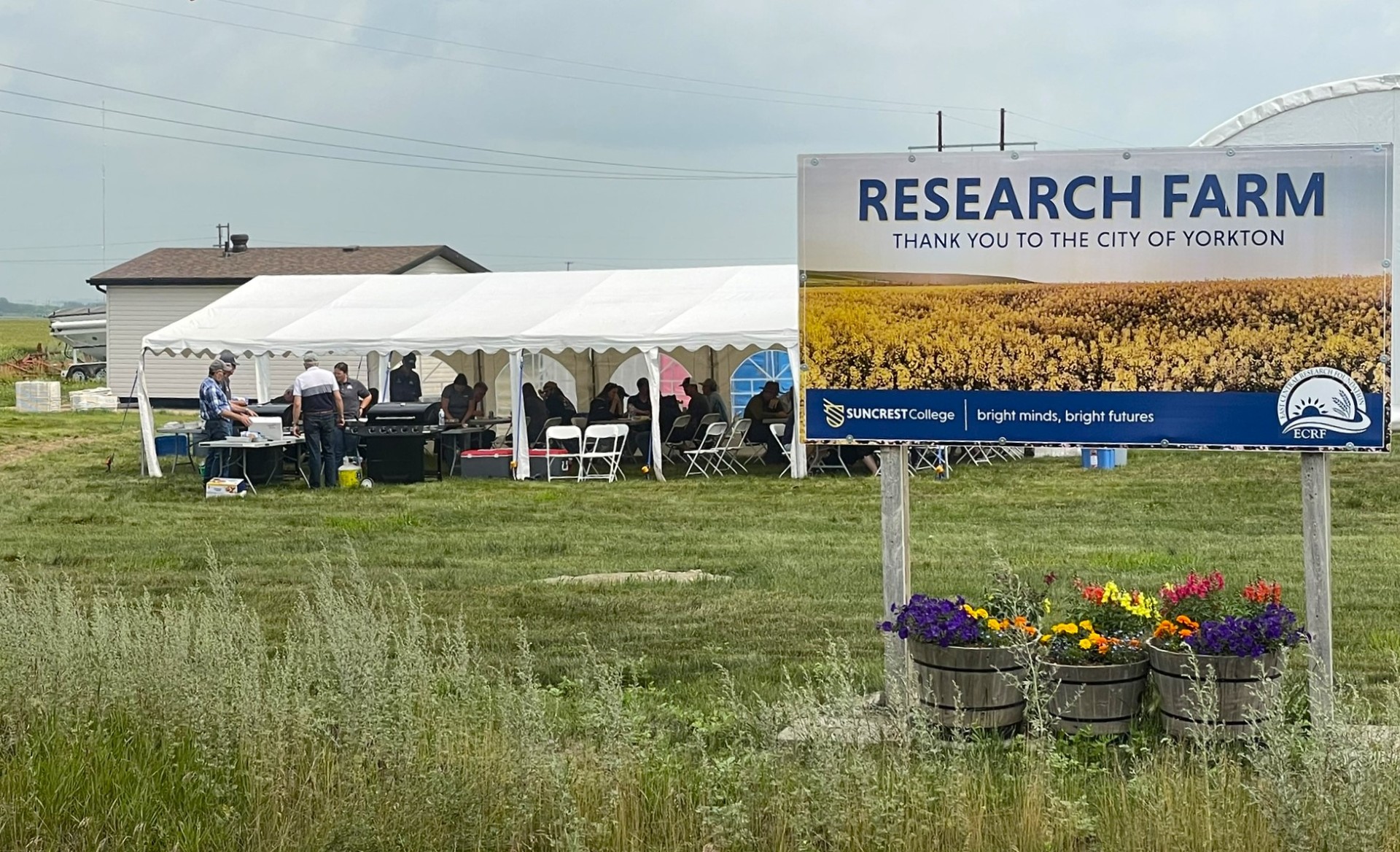Regina’s city council approved receiving over $20 million to help purchase 26 electric buses.
A total of $26,106,500 in funding from the federal government’s Permanent Public Transit Program – Zero Emissions Transit Fund will cover half of the costs of purchasing 26 electric buses and the first phase of transit fleet facility upgrades to accommodate electric bus charging.
According to the report presented to council, all buses purchased from 2024 onward will be battery electric buses to have the diesel buses phased out and replaced by 2040.
Between 2023 and 2027, there is $21.26 million in capital funding for the upgrades to the facility. The federal government will cover $10.63 million from their transit fund. The plan also includes $30,953,000 for the buses, with the federal government contributing $15,476,500.
The report also states that the upfront capital cost for an electric bus is $650,000 more than a diesel bus. However, the higher cost is partially offset by reduced operating costs due to less maintenance required and the lower cost of electricity than diesel fuel ($38,000/year in fuel costs for a diesel bus versus $10,000/year for an electric bus).
While electric buses require less maintenance, the cost of a replacement battery is currently $275,000. The bus’s battery life estimates range from six to 12 years, meaning a bus would require two battery replacements during its lifetime.
The 26-bus fleet, when operational, is expected to reduce greenhouse gas emissions by 620 tonnes per year, or about 165 vehicles.
The first buses are expected to be purchased in 2024 and delivered in the second quarter of 2025. The required facility infrastructure upgrades are set to be designed in 2023 and implemented in 2024 and 2025.
A fully electric bus fleet will result in annual fuel savings of 2,943,000 litres on average, reducing annual emissions by 2,934 tonnes. After 2030, this will represent a carbon tax savings of approximately $500,000, equivalent to removing 782 vehicles from the road each year.









